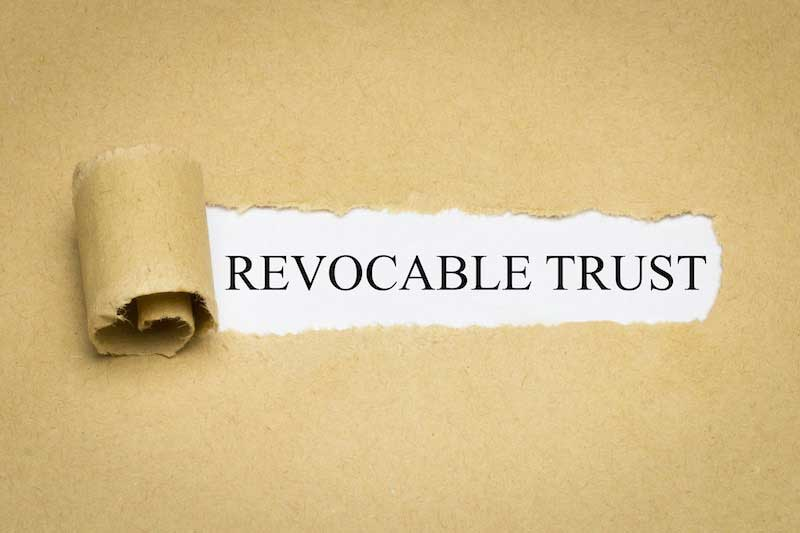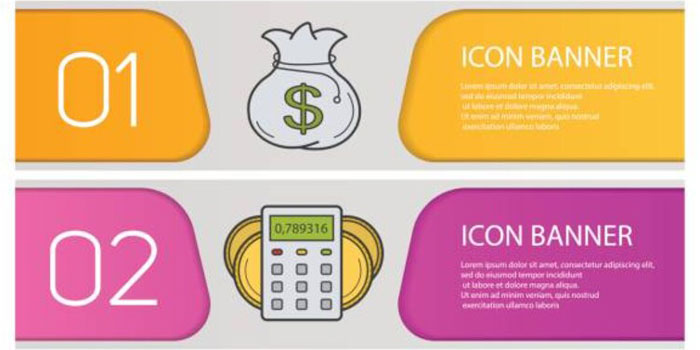
Introduction
The creator (called the grantor) of a revocable trust has the legal right to control the trust's assets and to make changes to the trust's terms and beneficiaries at any time throughout the trust's existence. These trusts, often called "living trusts," are commonly used to transfer property to heirs without subjecting them to probate. Contrast this with the simple inheritance of property through a will. Trusts are gaining popularity, so potential beneficiaries must understand their choices, particularly regarding the trust's revocability. This does not apply to all trusts.
Fortunately, the distinction between revocable and irrevocable living trusts can be readily seen. It would help if you were sure of your decisions before establishing an irrevocable living trust, as you will not be able to change your mind after the trust has been established. While this choice is sometimes preferred due to increased asset protection and reduced tax liability, it is usually wise to consult with an estate planning attorney to be sure you are making the most profitable decisions for your loved ones.
Why Revoke?
Another reason a trust might be cancelled is if the grantor wants to make such significant alterations, it would be more convenient to start again with new confidence. If the grantor of a revocable trust intends to amend the trust's terms or replace the trustee, they can revoke the trust and make the changes. One thing to remember is that revocable trusts, while they help you avoid probate, do not allow you to escape estate taxes.
Because the grantor has control of the assets during their lifetime, the property is deemed part of the taxable estate. It is encouraged to amend the trust instead of cancelling it if possible. However, there are occasions when revocation is a better, less onerous option. If something significant in one's life changes, many people choose to renounce their trust. A common reason is a divorce; persons are inclined to dissolve the trust if it was created as a joint document with their soon-to-be ex-spouse.

Should You Revoke Your Trust?
Your attorney may have recommended a trust as part of your estate plan, and there may be compelling reasons to preserve it. In the case of disinheriting a family member, for instance, the Executor would be unable to distribute the estate to the designated recipients without the approval of the disinherited family member. The probate process can be lengthy and expensive, so a trust is a valuable tool. Also, Medicaid is still the principal payor of long-term care in the state, so if you set up a trust to safeguard your assets in case you require Medicaid in the future, you may want to keep the trust in place.
Who Can Revoke Your Trust?
Individual living trusts can be terminated at any moment by the trustor. Unless you give someone else permission, the trust document cannot be removed on anyone else's behalf. If you and another person (like a spouse) established the trust together, you have the legal authority to change the faith. When the trust is terminated, its conditions are null and void, and its assets are distributed back to their original owners by their pre-trust ownership.
How to Revoke Your Trust?
The first thing to do is to revoke your role as trustee and take complete control of the trust assets. Simply put, you need to undo whatever steps you took to make yourself the trustee of the property. As the trust's trustee, you have the authority to make the change. Second, a revocation is included in the printed trust document. The cancellation that was published alongside your original trust document can be reprinted from your Nolo programme as long as your subscription is ongoing. Third, fill in the date and sign the Revocation of Trust in the presence of a notary public. Four, inform the court that the trust has been dissolved if you record it with the regional court.

Conclusion
The grantor of a revocable trust has the legal right to change the terms of the trust or even terminate it entirely at any time. Getting rid of the trust's assets is the first step in ending a revocable trust. Next, the grantor must formally revoke the trust by completing a revocation form. To officially revoke a grant, the grantor must sign, witness, and file a statement with the local probate or estates court.



